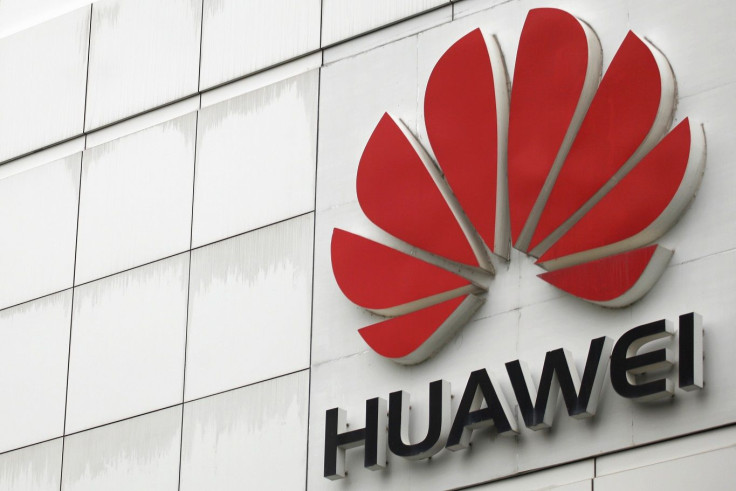Spy agency chief defends Huawei, ZTE’s exclusion from Australia’s 5G network rollout

Excluding Huawei and ZTE from Australia’s new 5G mobile network was the right move, the head of the country’s electronic spy agency said. Mike Burgess, the director-general of the Australian Signals Directorate, said the Chinese telcos were high-risk vendors and therefore should be excluded from the multibillion-dollar 5G rollout.
At the Australian Strategic Policy Institute in Canberra on Monday, Burgess defended the Government’s decision to close the 5G mobile communications network from the Chinese firms, saying a potential threat anywhere could undermine the entire project.
“The stakes could not be higher,” he said, adding that it was his advice not to include high-risk vendors from the whole 5G networks because “a potential threat anywhere in the network is a threat to the whole network.”
“Historically, we have protected the sensitive information and functions at the core of our telecommunications networks by confining our high-risk vendors to the edge of our networks,” he said.
“But the distinction between core and edge collapses in 5G networks. That means that a potential threat anywhere in the network will be a threat to the whole network.”
Burgess further explained that the decision had not been taken lightly and was supported by intelligence and offensive cyber experts in their agency.
“5G technology will underpin the communications that Australians rely on every day, from our health systems and the potential applications of remote surgery, to self-driving cars and through the operation of our power and water supply,” he said. “This is about more than just protecting the confidentiality of our information — it is also about integrity and availability of the data and systems on which we depend. Getting security right for our critical infrastructure is paramount.”
The Australian Federal Government banned Huawei and ZTE from taking part in the 5G infrastructure rollout in August. Communications and the Arts Minister Mitch Fifield and then-Home Affairs Acting Minister, now prime minister, Scott Morrison cited “national security risks” in their decision, though not specifically mentioning the Chinese telcos’ names.
Before the announcement, Huawei, reacting to reports that it might be excluded, had said that if it was indeed disqualified from joining the 5G network, subscribers could be forced to pay higher costs.





















